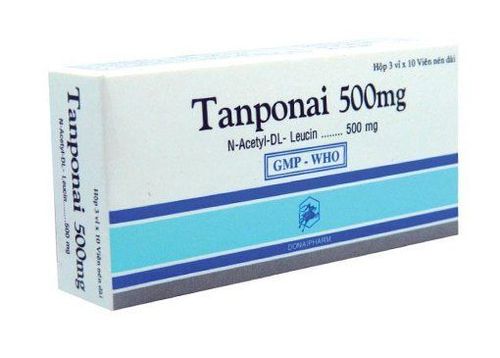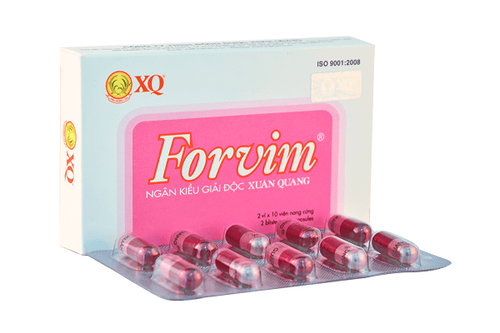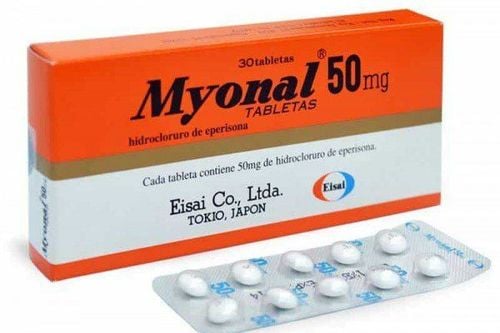This is an automatically translated article.
Food allergies are common in infants and children, but can occur at any age. Therefore, it is necessary to know the signs of a food allergic reaction to quickly intervene, avoiding unfortunate consequences.1. What is a food allergy?
A food allergy is an immune system reaction that occurs soon after eating a certain food. Even a small amount of a food can cause an allergic reaction. In some people, a food allergy can cause severe symptoms or even a life-threatening reaction called anaphylaxis. Food allergy symptoms usually develop within minutes to two hours after eating the offending food.2. What are the signs of a food allergy?
The most common signs of a food allergy include:Itching or itching in the mouth Rash Swelling of the lips, face, tongue and throat or other parts of the body Wheezing, stuffy nose or trouble breathing Abdominal pain, diarrhea diarrhea, nausea, or vomiting Dizziness or fainting Anaphylaxis: In some people, a food allergy can trigger a serious allergic reaction called anaphylaxis. This can cause life-threatening signs, including constriction of the airways, a swollen throat or a feeling of tightness in the throat that makes it difficult to breathe, a severe drop in blood pressure, a rapid pulse, dizziness or lose consciousness
3. Causes of food allergies
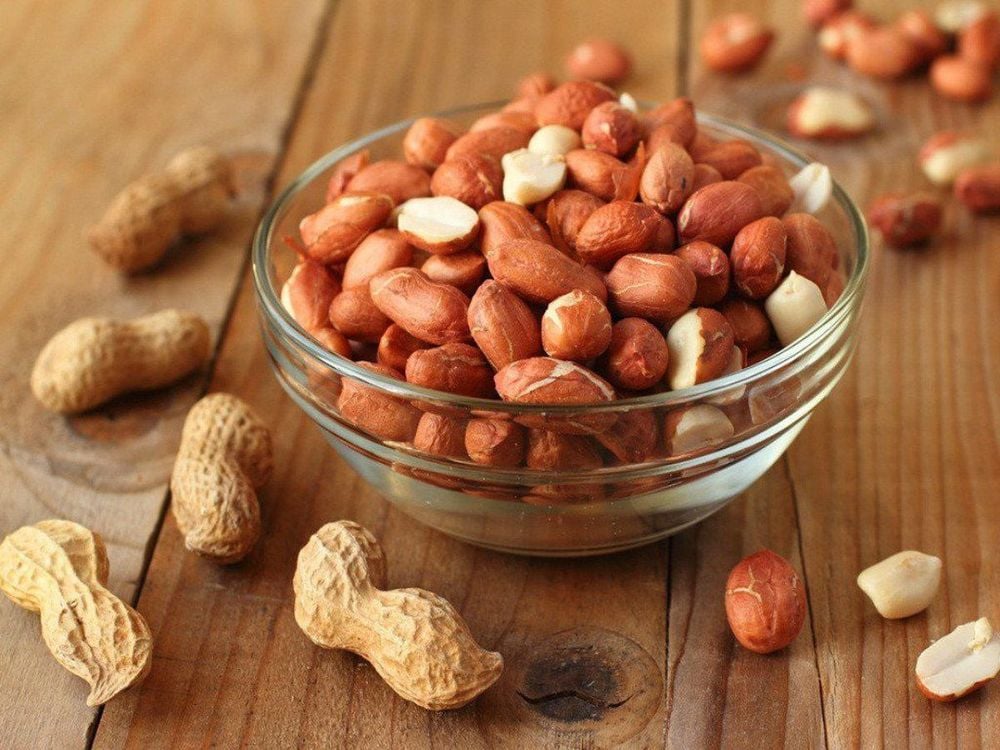
Đậu phộng là một trong những tác nhân gây dị ứng
In adults, most food allergies are triggered by certain proteins in shellfish, such as shrimp, lobster and crab, peanuts, and tree nuts, such as walnuts and pecans. ..In children, food allergies are often triggered by proteins in peanuts, eggs, cow's milk, wheat,..
4. How to prevent food allergy?
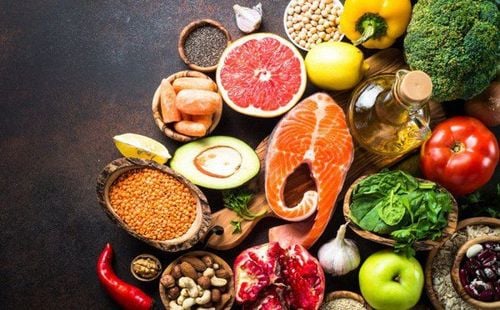
Cách tốt nhất để ngăn ngừa phản ứng dị ứng là biết và tránh các thực phẩm gây ra các triệu chứng
When registering for a package of examination and consultation for treatment of atopic dermatitis, customers will receive: Dermatology specialist examination. Perform tests such as: quantitative IgE, fresh mycobacteria, specific IgE quantification with respiratory allergens - food (Panel 1 Viet), test Rida Allergy Screen (panel 1)...
Please dial HOTLINE for more information or register for an appointment HERE. Download MyVinmec app to make appointments faster and to manage your bookings easily.
Reference source: Acaai.org; Mayoclinic.org






